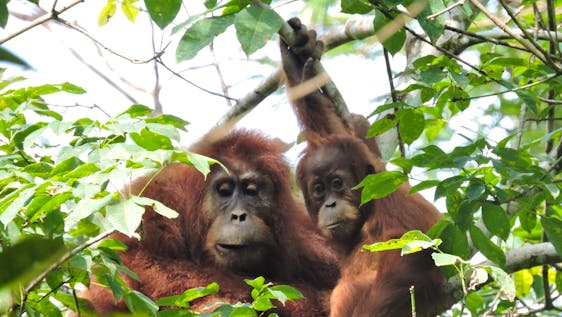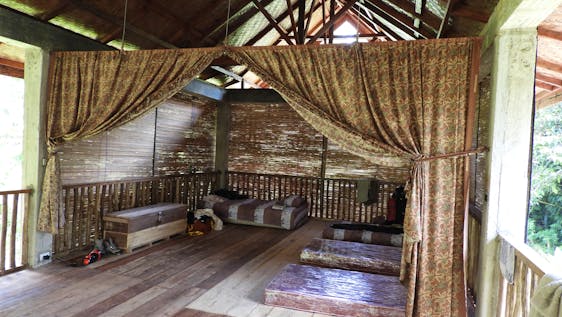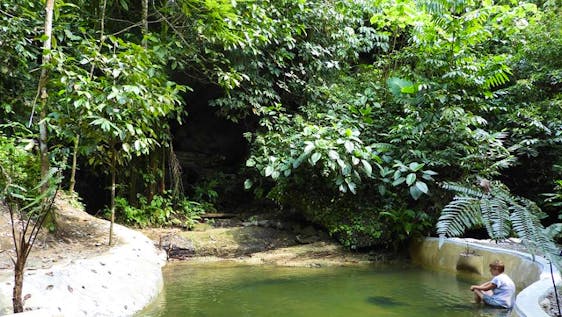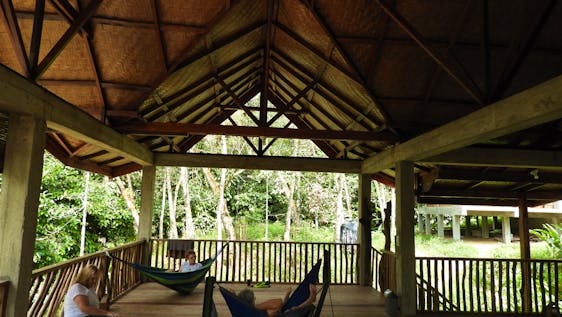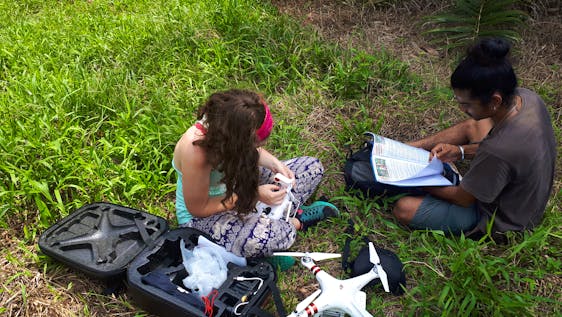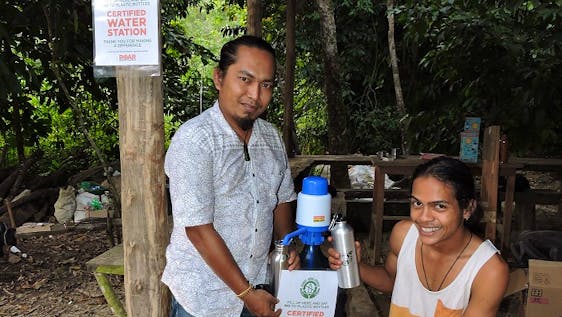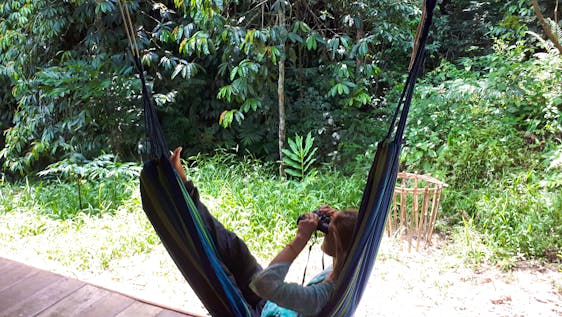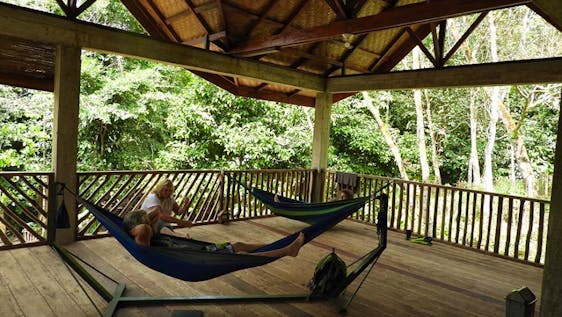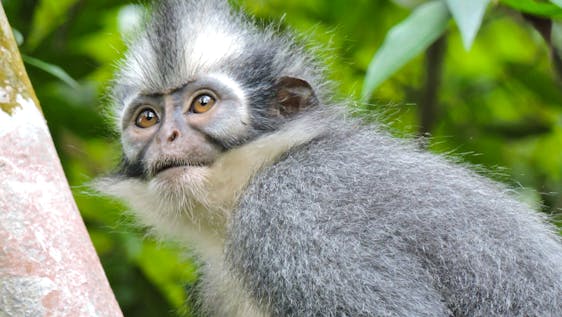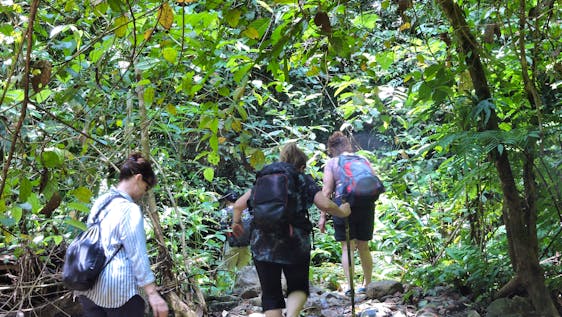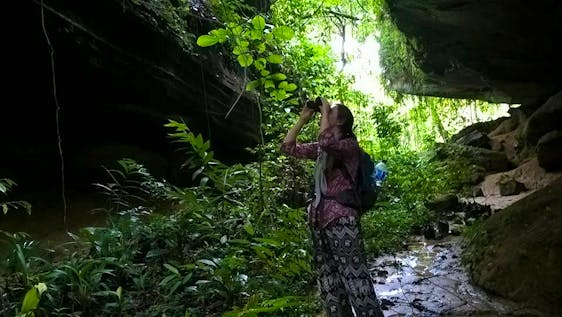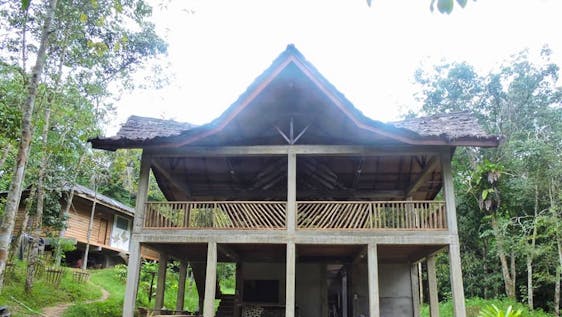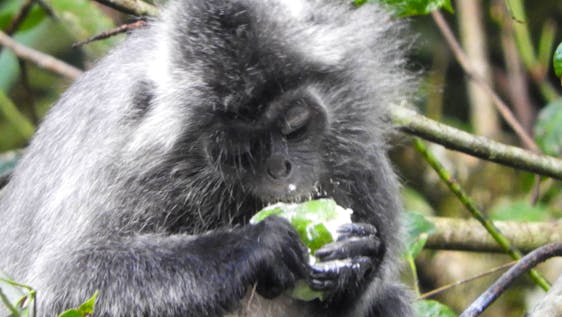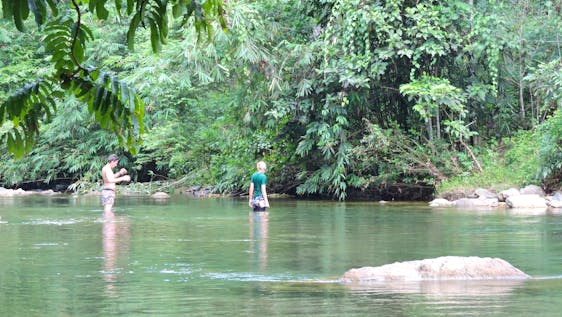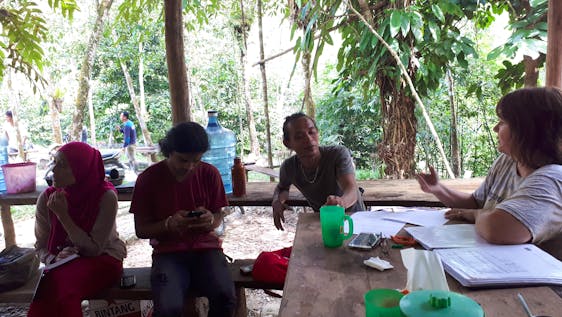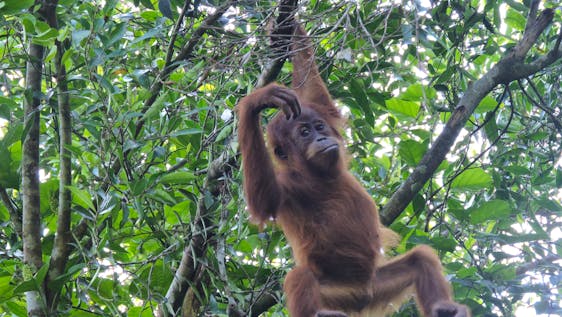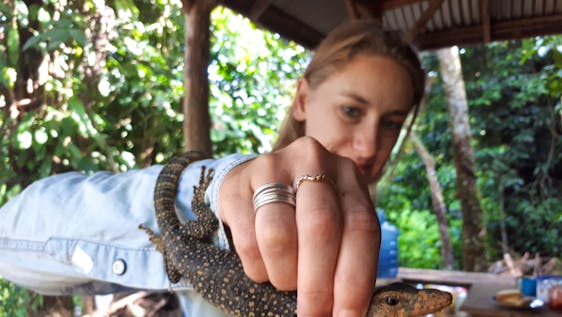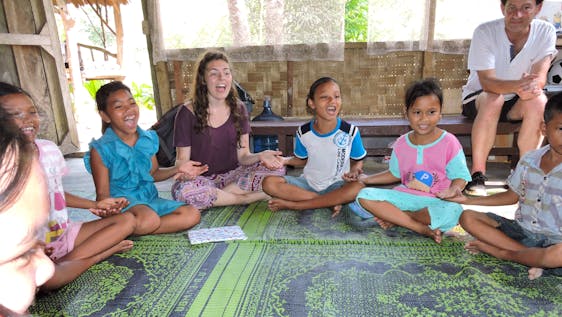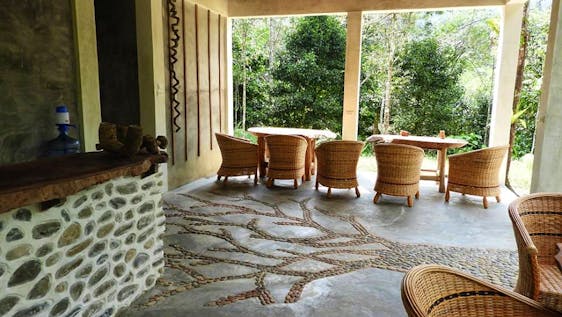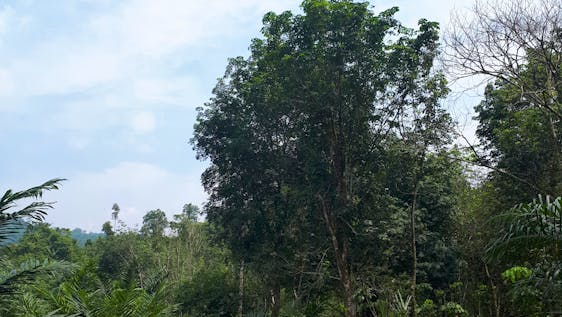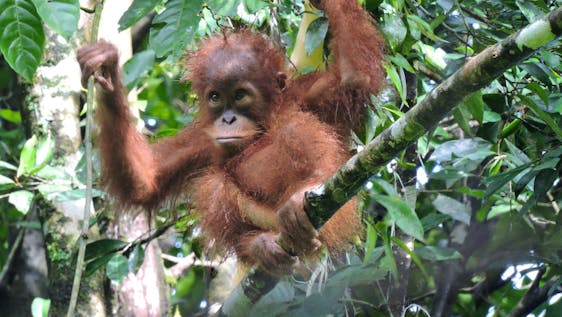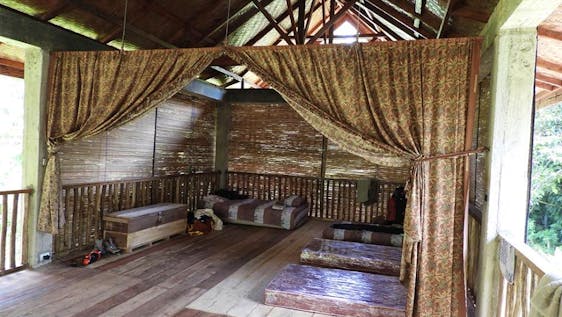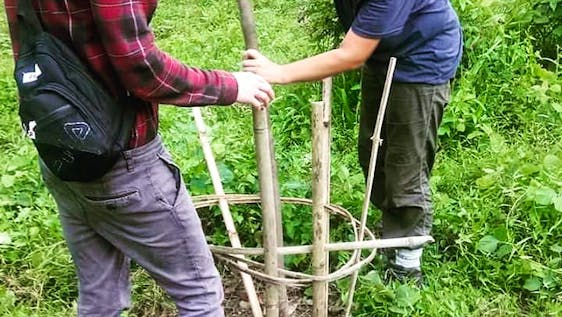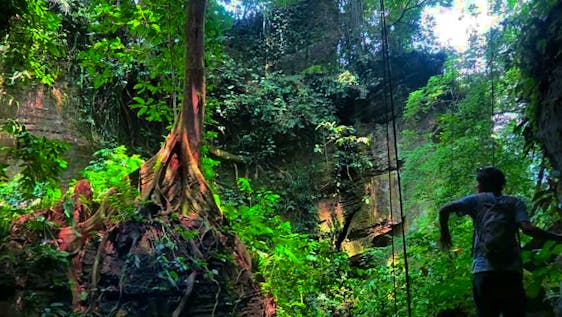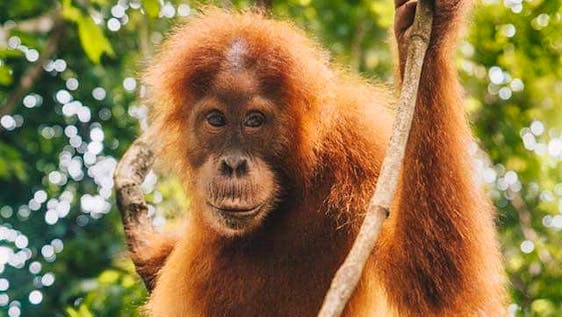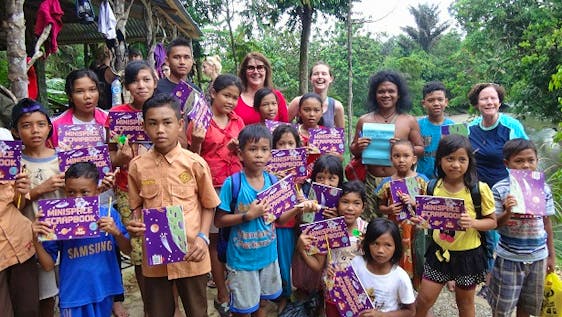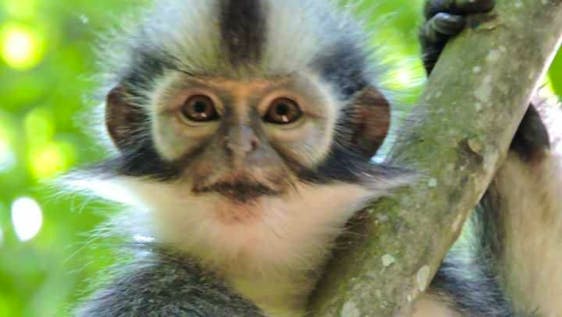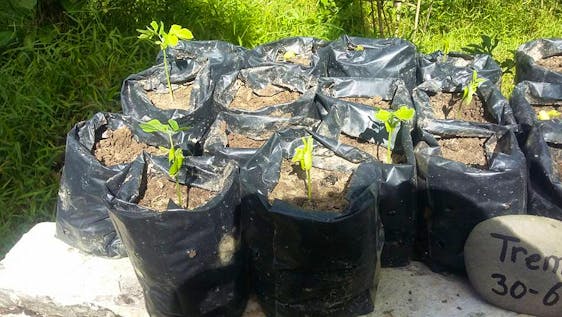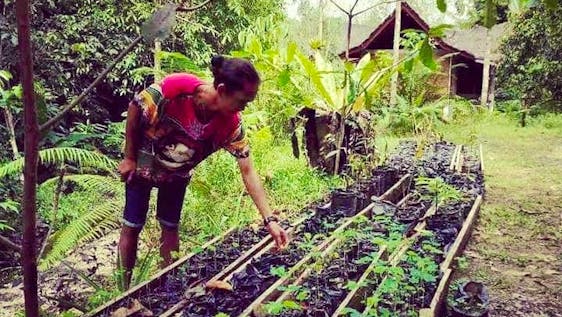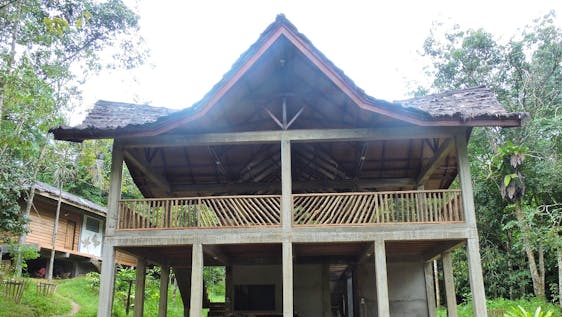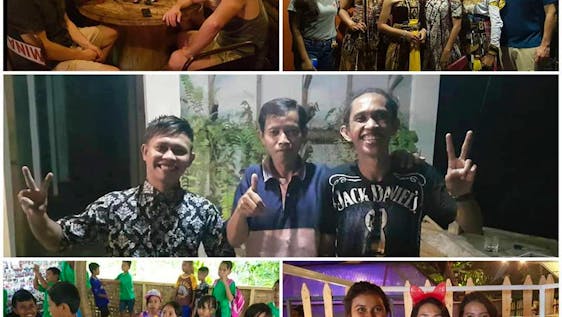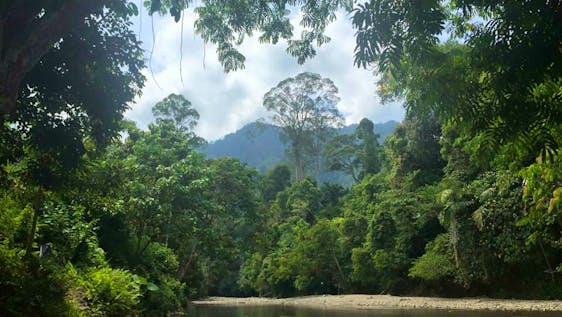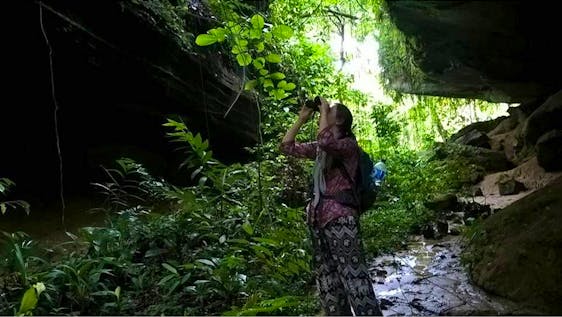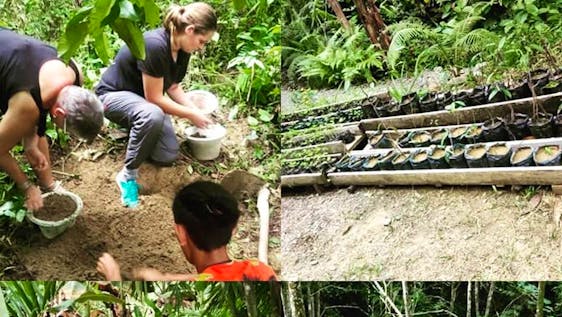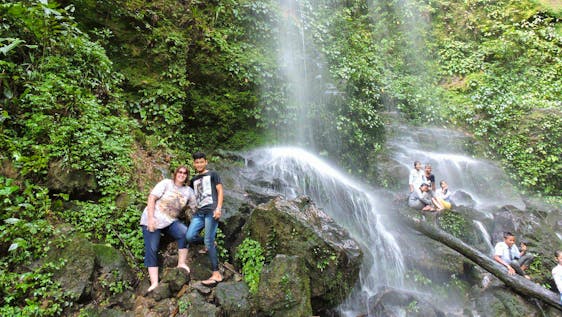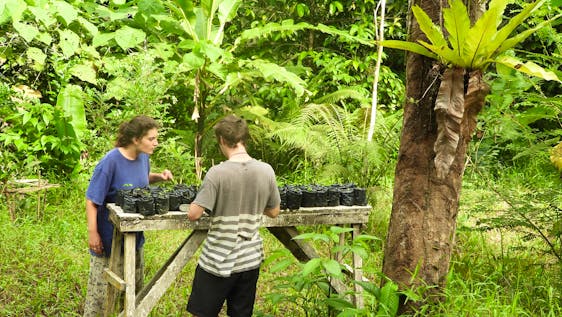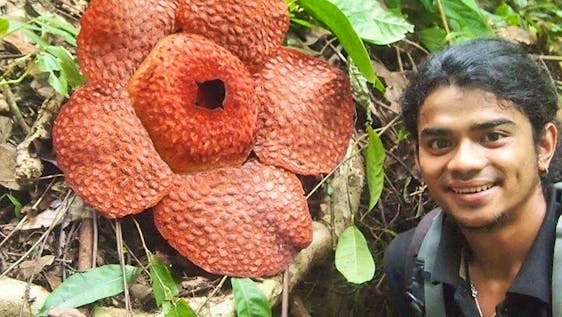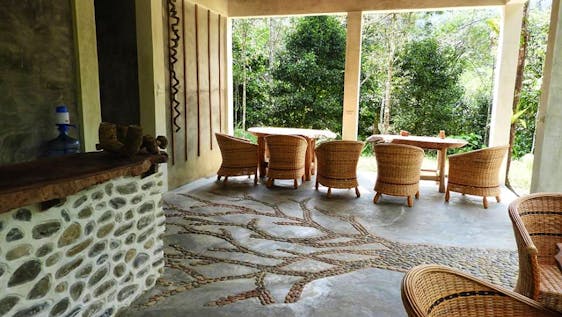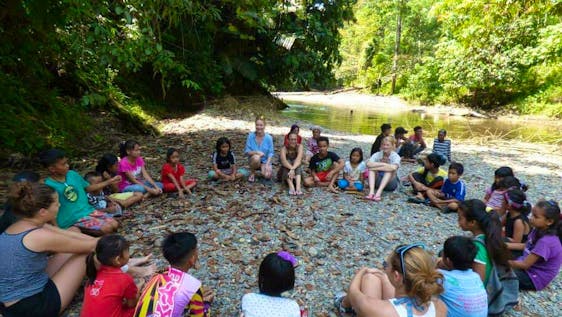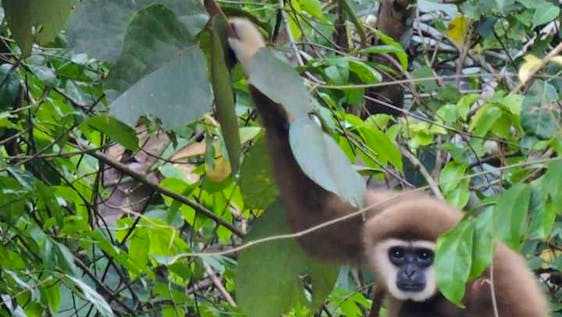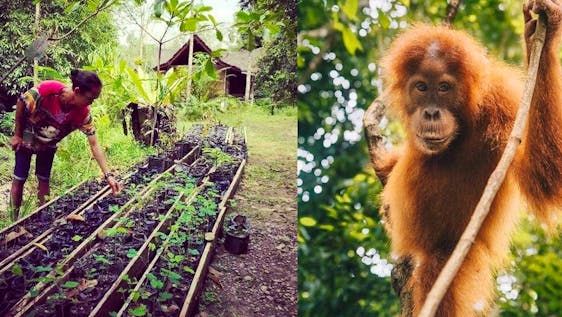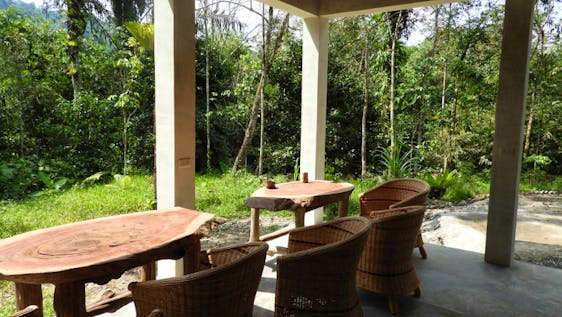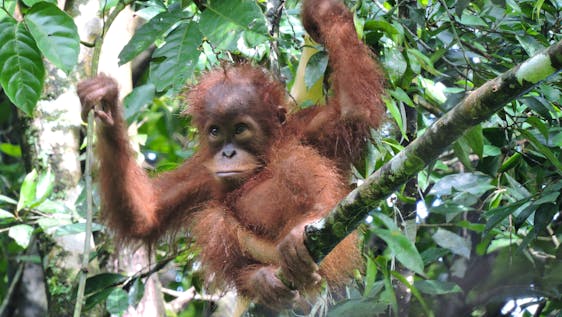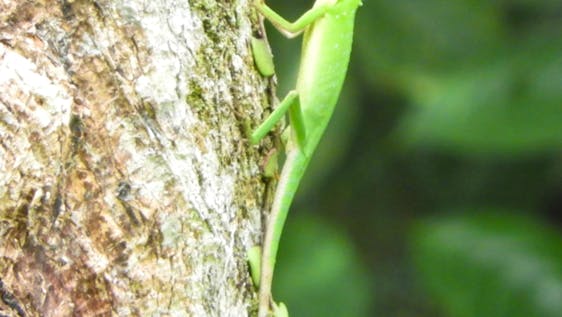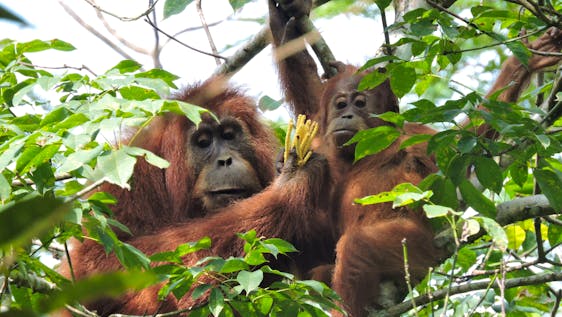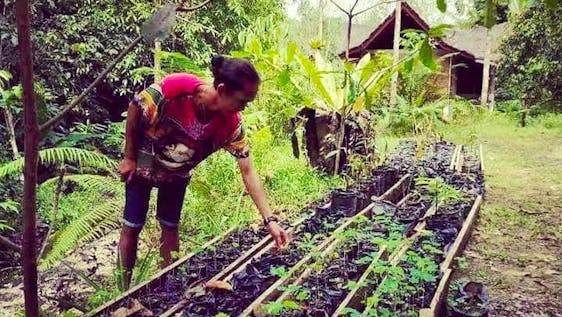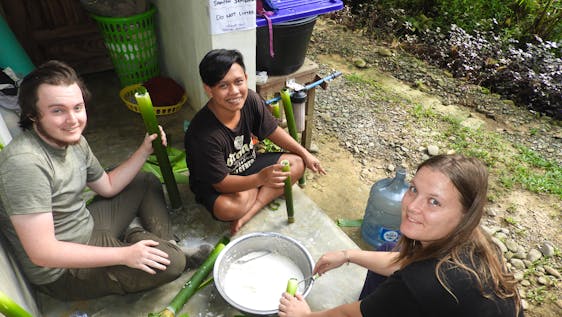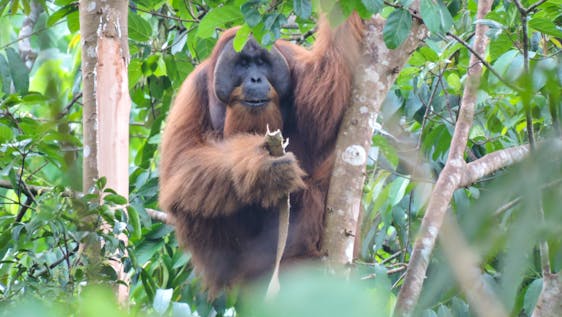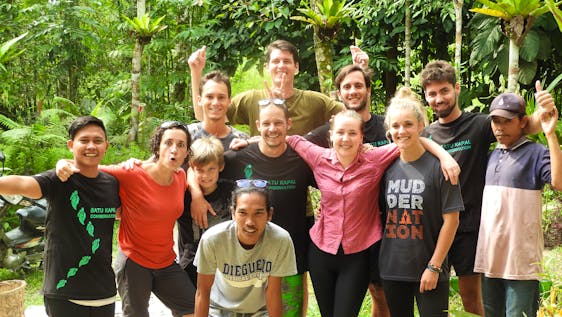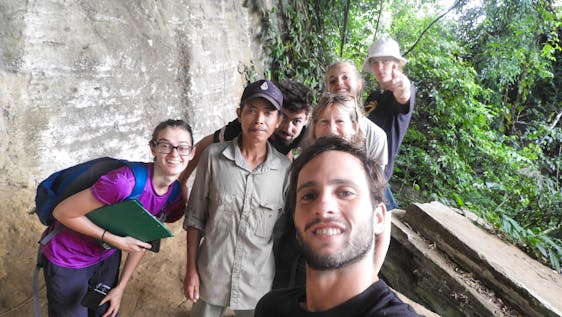
4.5
Fantastic
58
Reviews
8
Years in business
Batu Kapal Conservation
Verified by Volunteer World

4.5
Fantastic
58
Reviews
8
Years in business
We are a group of like minded landowners at Batu Kapal, passionate about protecting and conserving the fauna & flora near Bukit Lawang and Gunung Leuser NP North Sumatra
The aim of the Batu Kapal Conservation Program is to conserve the diverse habitat of the endangered Orangutan and other animals that live in this precious rainforest ecosystem in the Wildlife Biolink buffer zone at Batu Kapal, which adjoins the Gunung Leuser NP in North Sumatra. Our project is ...
Contact Person
Batu Kapal Conservation Team
Spoken languages: English, Indonesian
Very high response rate
Batu Kapal Conservation reviews
Lea-Carol Glennon
 5.0
5.0
This was one of the most amazing trips I have ever done! I was honored to be a part of this program to maintain and protect the canopy corridors for the orangutans to move in and out of the national park. The activities were purposeful and great fun to do: clearing land for the tree nursery, ...
Elizabeth Aeissame
 5.0
5.0
I have done a few conservation volunteering trips, and this was definitely one of the best. The project gives you the chance to not only see wild orangutans and other wildlife, but also the chance to meet and work with local farmers and other members of the community. It really gives an insight into ...
ALICIA WHITTAKER
 5.0
5.0
This is the 10th volunteer project abroad I've done and one of, if not the very best. The best thing about it is the cause- this project is making a huge difference for the orangutans and other wildlife. You don’t realise how much of an impact it’s making and how much you can help until you’re ...
Eileen McQuade
 5.0
5.0
We loved our time at Batu Kapal. This was our first volunteering experience and won’t be our last. The programme was well organised and not too demanding in the very hot environment. The accommodation and food were simple but great. Best of all, the people were all so lovely. We got to see wild ...
Christin Gibbons
 5.0
5.0
A very rewarding experience! The staff all seemed to really care about the project and were extremely helpful in ensuring volunteers were safe and well taken care of. The experience was rewarding, eye opening and ...
Gemma Etheridge
 4.8
4.8
My friend and I stayed for one week and we wished it was longer. I don’t know what I was expecting going into the trip but it was everything and more. The workers and the guides there truly made it an experience which made it hard to leave. We went on walks everyday to look for orangutans and ...
